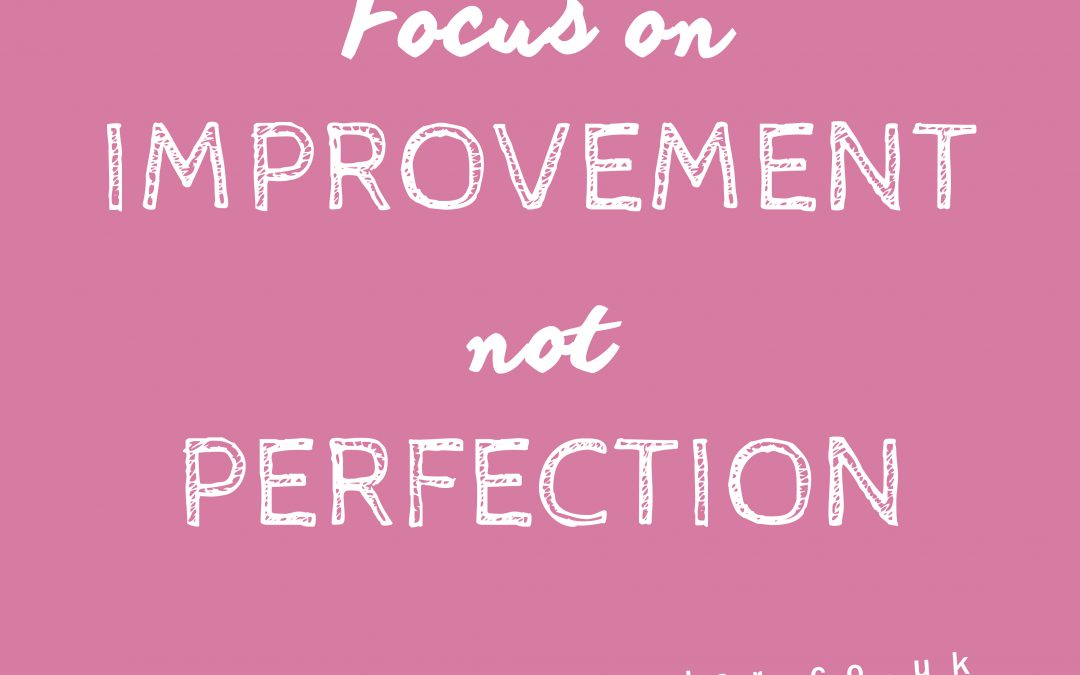I recently heard an interview on research how marketing potentially doesn’t really allow freedom of thought. It was an interesting discussion on how much research the marketing industry does on thought influence.
Effective marketing aims to produce loyal customers. By influencing your beliefs as well as habits and behaviours, and making people loyal to the feel good factor more so than the brand. For example, a person wearing a premium brand sportswear is expected to get better results as an athlete. It will seemingly support you in your goals more so than a lesser brand. The result? You feel good wearing it, so then you buy more. The trainers, t-shirts, leggings, tracksuits, sports bra, socks, accessories all from the same brand. It may even leak into your casual wardrobe. Short term pleasures of feeling good, looking the part, used as a shortcut to long term challenges of perseverance, motivation, and discipline.
Where does this fit with mental health?
In a world where the focus on ‘quick fixes’ are a daily occurrence, I consider how our attitude towards our own mental health is influenced. Short term solutions offer immediate rewards in the pursuit of perfection, or perhaps a feeling of satisfaction lacking in our lives. It may be an aesthetic perfection – beauty products, new clothes or weight loss products. It may be a display of status or success – cars, houses, holidays or a particular lifestyle. The purchase may be linked to approval of our peers. Social media likes, the newest smartphones and technology that allows us to feel accepted. These and many more sell an image that delivers happiness and perfection. Who doesn’t want to be happy? Who wouldn’t want to be perfect?
Many of us fall into the trap of believing that these must-haves will help us achieve that feel-good factor. Perfection and positively impact our mental health, so we spend. We buy that version of an ideal world sold to us through advertising.
Unfortunately, this couldn’t be further from the truth. The pursuit of satisfaction through buying, comparing or copying often has a detrimental effect on our mental health. The next new thing will be the one that makes us happy. The act of shopping can create the feeling of joy. We have all experienced that pride in wearing that new item. It makes you stand taller, walk smarter. For a short time, this is the case. The feel good hormones fly and we embrace the high. But it’s the power of mass marketing that has us buying products to feel better. It’s what it’s designed to do – persuade us we need that thing. Consumerism is worth hundreds of billions of pounds to business, it keeps us spending.
When that feeling fades, we find ourselves back to square one. Patterns have formed, we’re looking for the next feel-good boost. This image of perfection is never achieved, as promised.So how are you feeling once the high subsides? The more you chase, the shorter that good feeling lasts. You need more new things and the cycle repeats time and again.
The chase results in feelings of inadequacy, sadness and failure. Emotional turmoil, mental battles, the fear of missing out. Comparisons, self judgement, guilt, dissatisfaction. The exhaustion of the chase all having a detrimental impact on how and what we think. We’re chasing a fictitious perfection and happiness created by someone else.
What is happiness?
Happiness is a term we are all familiar with from a very young age. No one really defines it for us, we just have an idea that happiness is a goal. We may think it’s laughing and joking – they can certainly help us feel happy. We may think it’s the feeling you get from buying that new kitchen. Its something we could experience it as the excitement of hunting for a holiday. Or its the elation of achieving that promotion at work.
Actually, happiness is none and all of the above. Real happiness runs deeper than the superficial, material things. You feel content in your heart and body. Even when things are tough, battles have to be fought, you believe you are going to be happy again. Real happiness is self defined – you get to choose. It’s founded in the quality of your life, the actions you take and by living by your values. It’s a longer term solution to feeling accepted, satisfied and worthy. When you are ‘heart’ happy, you don’t need to fill the space with material purchases. You stop chasing.
Can a material possession really create your happiness?
Would a carbon-copy of an idealised lifestyle really create a heart happiness for you?
Actually, I reject the idea of being perfect. Perfection is an illusion, I realise that now. I don’t want to strive to be perfect. But I do want to be happy! To do so, I’ll work towards this goal with my daily actions. I’ll improve my quality of life, whatever that feels like from time to time. My focus is on living to the values that matter to me. Its a journey of self improvement, self development, and making the choices I want without outside influence.
How will you ‘stop the chase’ and start working on your heart happiness? You choose.

